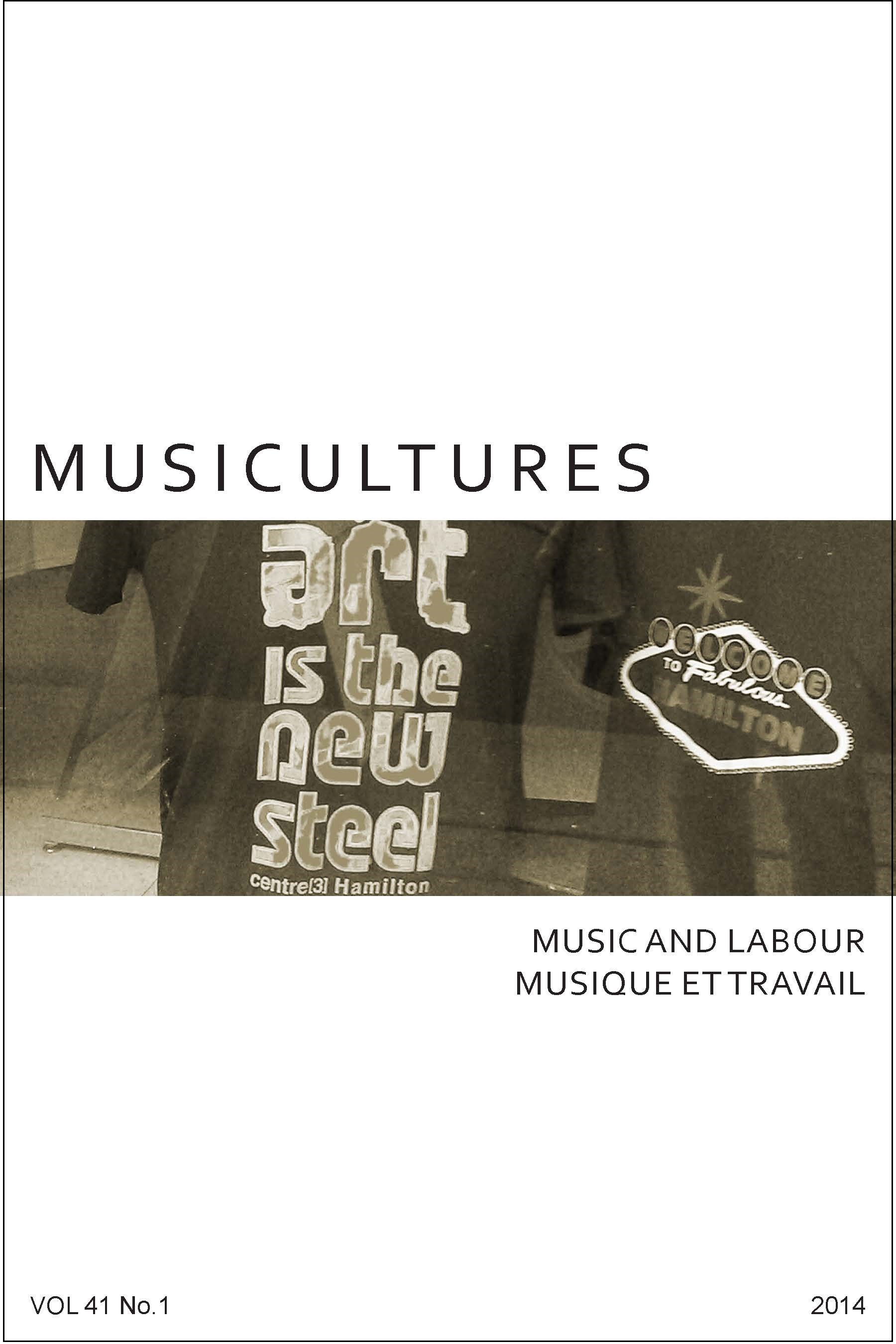Abstract
The article begins by considering the New Chilean Song movement, which has traditionally been conceptualized through the connection that its musicians established with Salvador Allende and the Popular Unity Coallition's 'government of the workers.' "Popular subjects" pervaded the movement's repertory, particularly the figure of the miner, who was considered to be the revolutionary proletarian par excellence. The article then discusses how music groups embodied musical labour by promoting the redistribution of roles, multi-instrumentalism and collective creation. Finally, it explores how these musicians, who attempted to include "the people" in their creation, discursively developed a 'double rapport' between musicians and workers.- The author retains copyright over the work.
- The author grants the journal owner (The Canadian Society for Traditional Music / La Société canadienne pour les traditions musicales) an exclusive license to publish the work.
- The author may post a pre-print or post-print version of the work (see definitions below) on a personal website for up to twelve months after the work is published in MUSICultures. After twelve months, the pre-print version must be replaced with the published version.
- The author may deposit the published PDF of the work in a non-commercial online repository twelve months after the work is published in MUSICultures, or any time thereafter.
- Any such deposit must include a link to the work on the MUSICultures website, e.g., https://journals.lib.unb.ca/index.php/MC/article/view/19996
A pre-print is a work-in-progress—a contribution not yet accepted, or perhaps even submitted, to MUSICultures.
A post-print is the version of a contribution after peer review and acceptance by MUSICultures, with revisions completed.
The published version is the PDF file of a contribution as it appears in MUSICultures.
Please note that academia.edu and ResearchGate.com are both for-profit repositories; authors may not deposit the published PDF of the work in these repositories until after the journal’s embargo period.
For permission to reprint or translate material from MUSICultures, please contact Heather Sparling, General Editor of MUSICultures (heather_sparling@cbu.ca).

